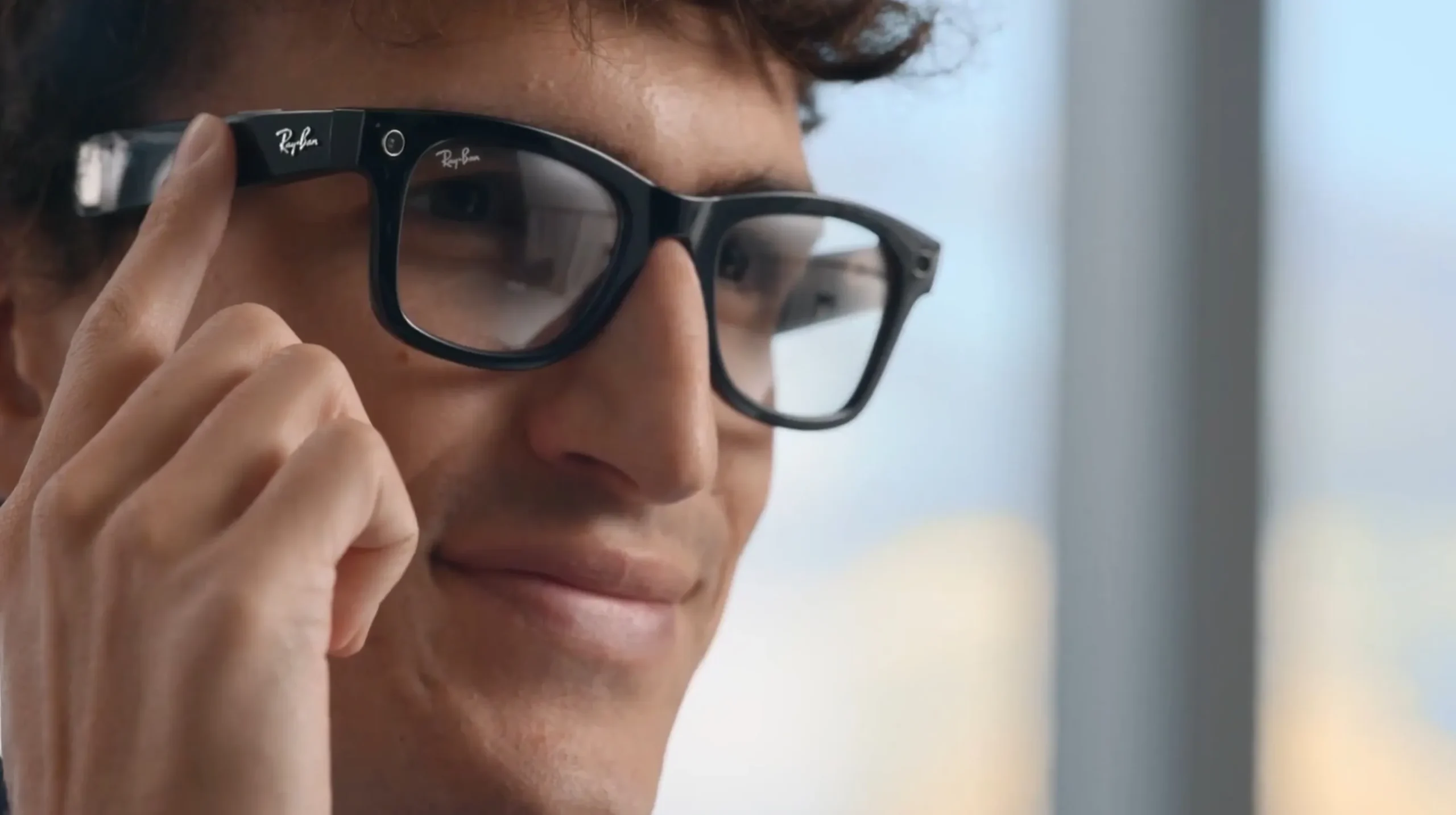In a bold statement about the future of technology, Meta CEO Mark Zuckerberg recently asserted that AI-powered smart glasses will become an essential part of everyday life — and those who don’t adopt them risk falling behind.
As Meta accelerates its efforts in the augmented reality (AR) and artificial intelligence (AI) space, Zuckerberg is making it clear: AI glasses won’t just be a futuristic accessory, but a critical tool for how we work, communicate, and interact with the world.
The Rise of AI Glasses
Meta’s Ray-Ban Meta smart glasses, developed in collaboration with EssilorLuxottica, are already paving the way. Equipped with built-in AI assistants, cameras, speakers, and real-time language translation, these glasses demonstrate how AR and AI can merge into everyday experiences.
Zuckerberg believes future versions will let users see live AI overlays, navigate digital content in real time, and seamlessly access personal assistants — all without needing to look at a screen.
Why AI Glasses Matter
Zuckerberg argues that smartphones will eventually be replaced by AI-powered wearables that allow for hands-free, immersive interactions. These devices will integrate deeply with digital platforms, enabling users to:
- Get context-aware information instantly
- Interact using voice or gestures
- Translate conversations in real time
- Record and recall memories effortlessly
- Stay constantly connected — without distraction
He emphasized that early adoption of such tools could define who leads and who lags in tomorrow’s workforce.
A Competitive Future
Meta is not alone in this race. Apple, Google, and Samsung are also working on mixed reality devices, but Zuckerberg insists Meta’s long-term commitment to the metaverse and AI convergence gives it a strategic advantage.
He added, “In the next 5–10 years, not having AI-enhanced vision might be like not having a smartphone today.”
A Word of Caution
While the vision is ambitious, it also raises concerns about privacy, surveillance, and digital dependency. As smart glasses evolve, regulators and technologists alike will need to address how data is collected, processed, and protected.
Final Thoughts
Zuckerberg’s call for AI glasses adoption may seem aggressive now, but it reflects a broader truth: wearable AI is coming, and fast. Whether we embrace it or resist, the world is headed toward a future where intelligent devices aren’t in our pockets — but right before our eyes.


